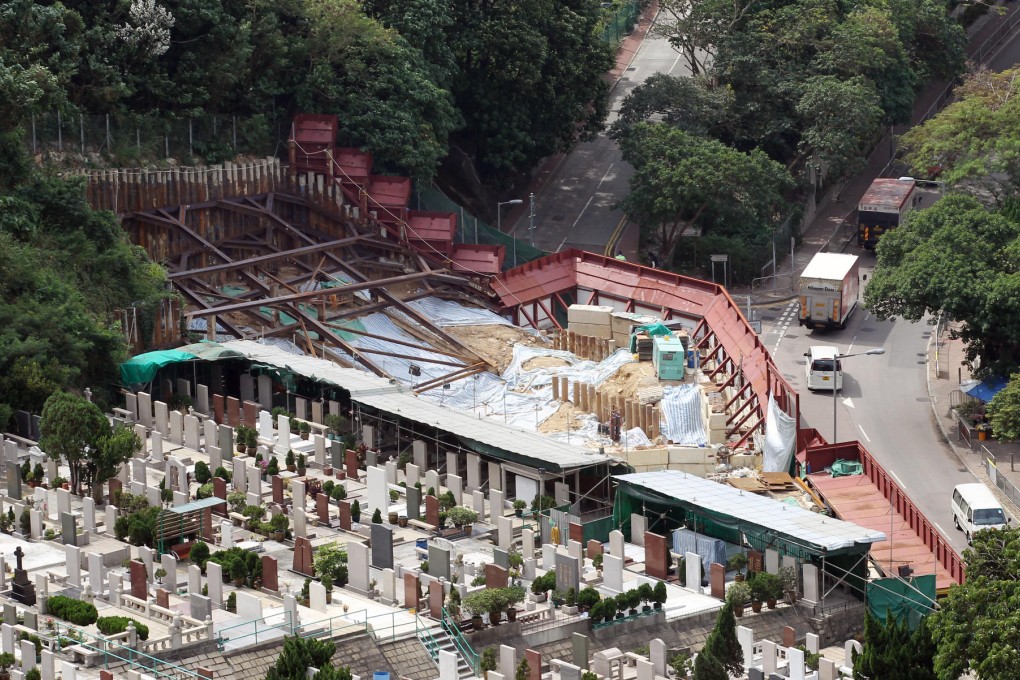Letters to the Editor, December 7, 2013
Despite strong residents' opposition, the Hong Kong Chinese Christian Churches Union (HKCCCU) continues with the construction of a columbarium on Victoria Road, Pok Fu Lam. The HKCCCU is building a 10- storey giant that will offer almost 40,000 niches to store the ashes of beloved ancestors.

Despite strong residents' opposition, the Hong Kong Chinese Christian Churches Union (HKCCCU) continues with the construction of a columbarium on Victoria Road, Pok Fu Lam. The HKCCCU is building a 10- storey giant that will offer almost 40,000 niches to store the ashes of beloved ancestors.
In an amazing display of government departmental ineptitude, both the Buildings Department and the director of food and environmental hygiene - the authority overseeing private cemeteries - approved construction of this building without taking into consideration what might happen if all relatives come to visit the niches over the memorial festivals, twice a year.
A traffic impact assessment conducted by a party hired to do so by the HKCCCU identified that the pavements are inadequate to cope with the foot traffic. The study also stated that the additional traffic brought to Victoria Road would amount to an extra vehicle every two seconds on peak visiting days, or total gridlock. Despite this finding, the Transport Department signed off on the plans with a "no objection".
A community meeting with the Hong Kong Police Department to discuss the safety hazards of this many people converging on a single building, with an entrance onto a pavement as narrow as 40cm, led to a statement that the police are not the transport experts but will do their best to manage the crowds and the traffic. They made clear, though, that the road may have to be closed, so no one will be able to visit, and many residents will be cut off from emergency services on festival days too.
The safety hazards to visitors and residents are blatantly obvious, yet HKCCCU is proceeding, "hiding" behind the approvals it obtained.
Residents are now waiting for the director of food and environmental hygiene to wake up to the fact that, by law, he is fully responsible and empowered to instruct cemeteries to undertake any and all work necessary to ensure health and safety at their premises.